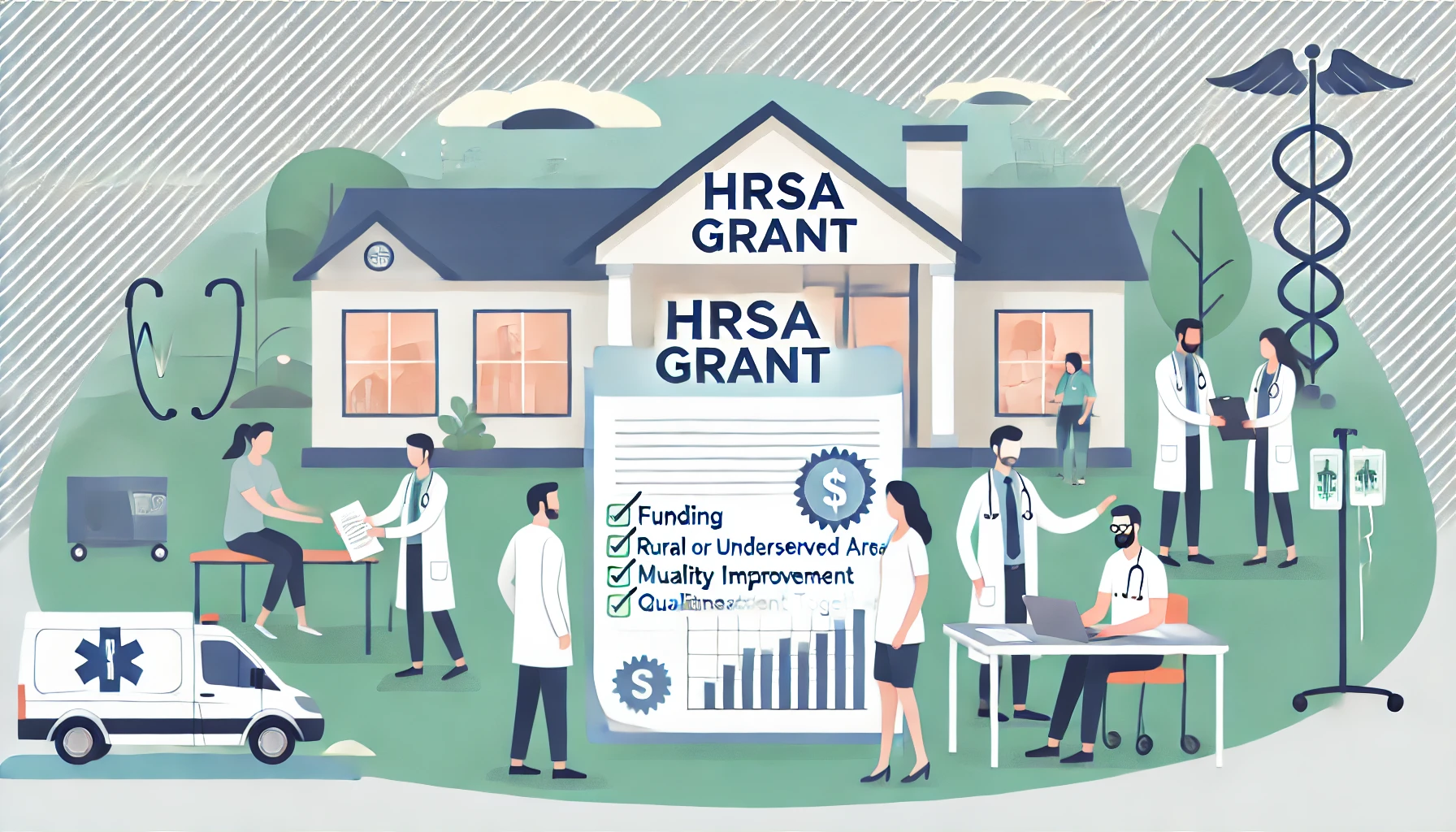
Table of Contents

January 3, 2025
The Transformative 30-Year Journey of AI in Healthcare
AI's 30-year evolution in healthcare has revolutionized diagnostics, personalized medicine, and efficiency, but raises ethical, privacy, and equity concerns.
The Transformative 30-Year Journey of AI in Healthcare
Artificial intelligence (AI) has become a revolutionary force in numerous industries, but few have witnessed its transformative potential as profoundly as the healthcare sector. Over the last three decades, AI has transitioned from being a futuristic concept to an integral part of medical practice. Yet, as this journey unfolds, we find ourselves weighing its remarkable achievements against the uncharted challenges it introduces. To explore how far AI has come in healthcare and what lies ahead, this blog reflects on insights from **Frontiers in Medicine's article, "The Transformative 30-Year Journey of AI in Healthcare"** ([read the original article here](https://www.frontiersin.org/journals/medicine/articles/10.3389/fmed.2024.1505692/abstract)). Below, we'll summarize the article's key points while raising questions about AI’s evolving role in modern medicine.The Three-Decade Evolution of AI in Healthcare
Over the last 30 years, AI has undergone rapid growth in healthcare, from research-driven curiosity to becoming an active player in diagnosis, treatment planning, and administrative efficiency. The article highlights the importance of **machine learning (ML)** and **deep learning (DL)** algorithms in revolutionizing key areas of healthcare, particularly imaging, diagnostics, and personalized medicine. Here are some of the major milestones discussed:- 1990s: Early AI applications were primarily experimental, focusing on theoretical potential rather than practical solutions.
- 2000s: With increased computing power, AI began aiding radiological and imaging techniques, enabling faster diagnostic assessments.
- 2010s: Deep learning emerged as a game-changer, with applications like AI-assisted cancer detection and genome analysis.
- 2020s and Beyond: Real-world applications expanded, from virtual health assistants to AI driving precision medicine and accelerating drug discovery.
Revolutionizing Diagnostics and Personalized Care
AI's most notable contributions have arguably been in diagnostics and personalized treatments. The ability of machine learning systems to interpret imaging data—be it MRIs, CT scans, or X-rays—has enhanced diagnostic accuracy for conditions like cancer, heart disease, and neurological disorders. This precision reduces human error and speeds up treatment planning, potentially improving patient outcomes. The rise of **personalized medicine** is another crucial development. By analyzing genetic, environmental, and lifestyle data, AI tools like predictive analytics can tailor treatments to individual patients. As the article mentions, “AI has enabled a shift from generalized treatment protocols to an era of precision and predictive care.” However, with this level of personalization comes critical concerns around data privacy and equal access. Questions Worth Considering:- How do we weigh the benefits of personalized care against the challenges posed by private data handling in AI-driven medicine?
- What safeguards should exist to ensure data isn’t misused or hacked?
The Conundrum: Automation vs. Human Expertise
Another point raised by the article is whether AI should complement or replace certain aspects of human expertise. On one hand, AI systems can process data at orders of magnitude faster than humans, assisting overburdened healthcare professionals by automating routine tasks such as appointment scheduling and medical coding. On the other hand, over-reliance on AI could diminish the human touch that is so central to healthcare. The article quotes an interesting observation: “AI has succeeded in replicating analytical thinking, but it lacks the emotional intelligence necessary for compassionate care.” While it’s true that machines haven’t yet mastered empathy, some argue they don’t need to. In non-sensitive scenarios—such as backend administrative tasks—automation likely frees up valuable time for healthcare workers to focus on human-centered care. Even so, a critical question looms:- Where should the line be drawn between automation and human involvement?
Ethical and Regulatory Challenges
In the excitement to adopt cutting-edge AI technologies, ethical and regulatory issues remain a significant hurdle. Ensuring the **fairness, transparency, and accountability** of AI systems is paramount, especially as healthcare increasingly relies on them. For instance, machine-learning algorithms are only as good as the data they're trained on. If the data reflects biases—whether socioeconomic, gender-related, or racial—the algorithms could unintentionally perpetuate inequity. Consider these pressing concerns:- How do we build AI systems that eliminate bias rather than deepen existing disparities?
- Should there be stricter global standards to regulate the ethical use of AI in healthcare?
The Future: Endless Potential or Oversold Promises?
The road ahead for AI in healthcare is one of both excitement and uncertainty. Advocates highlight its growing role in areas like telemedicine, remote monitoring, and preventative care, all of which can reduce the strain on overwhelmed healthcare systems. For instance, wearable devices powered by AI now provide real-time insights into patient health, bridging gaps between checkups and enabling earlier interventions. Yet skeptics argue that overreliance on AI might result in systemic complications. What happens, for example, to hospitals or clinics in low-resource settings that can’t afford state-of-the-art AI systems? Could a widening gap emerge between facilities with access to world-class technology and those without? The writer of the original article puts it well: “AI isn’t a panacea—it’s a tool, and like any tool, its value depends on how we wield it.” There's truth to this analogy, suggesting that AI’s long-term impact will hinge on our ability to integrate it thoughtfully and responsibly.Conclusion
AI's 30-year journey into healthcare reveals incredible promise, but the technology’s future success will depend on our ability to address its challenges. While AI has excelled in areas like diagnostics, personalized medicine, and operational efficiency, it has also introduced a broader conversation about ethics, accountability, and equity. As we stand at the threshold of another three decades, questions about balance—between automation and human care, innovation and oversight—will be pivotal. For those eager to dive deeper into these transformative developments, check out the original article on **Frontiers in Medicine** ([click here](https://www.frontiersin.org/journals/medicine/articles/10.3389/fmed.2024.1505692/abstract)). Ultimately, the transformative path of AI in healthcare shows that this is less a story of technology itself, and more one of how humanity chooses to wield it. Are we ready to rise to the challenge? The next 30 years will decide.Thank you! Your submission has been received!
Oops! Something went wrong while submitting the form.

Why Every Hospital Needs a Quality and Patient Safety Program
Every hospital needs a quality and patient safety program to reduce harm, improve care, and foster a culture of accountability.
Read More
.png)
.png)
April 16, 2025

HRSA FQHC Requirements: A Comprehensive Guide for Healthcare Providers
When it comes to federally qualified health center requirements, there’s no shortage of regulations, expectations, and—depending on your perspective—opportunities.
Read More
.png)
.png)
April 7, 2025

Unlocking Funding: A Guide to Health Resources and Services Administration (HRSA) Grants
Use HRSA grants to fund external peer review programs that enhance care quality, reduce bias, and support compliance in health centers.
Read More
.png)
.png)
March 24, 2025



.png)
.png)
.png)






.png)